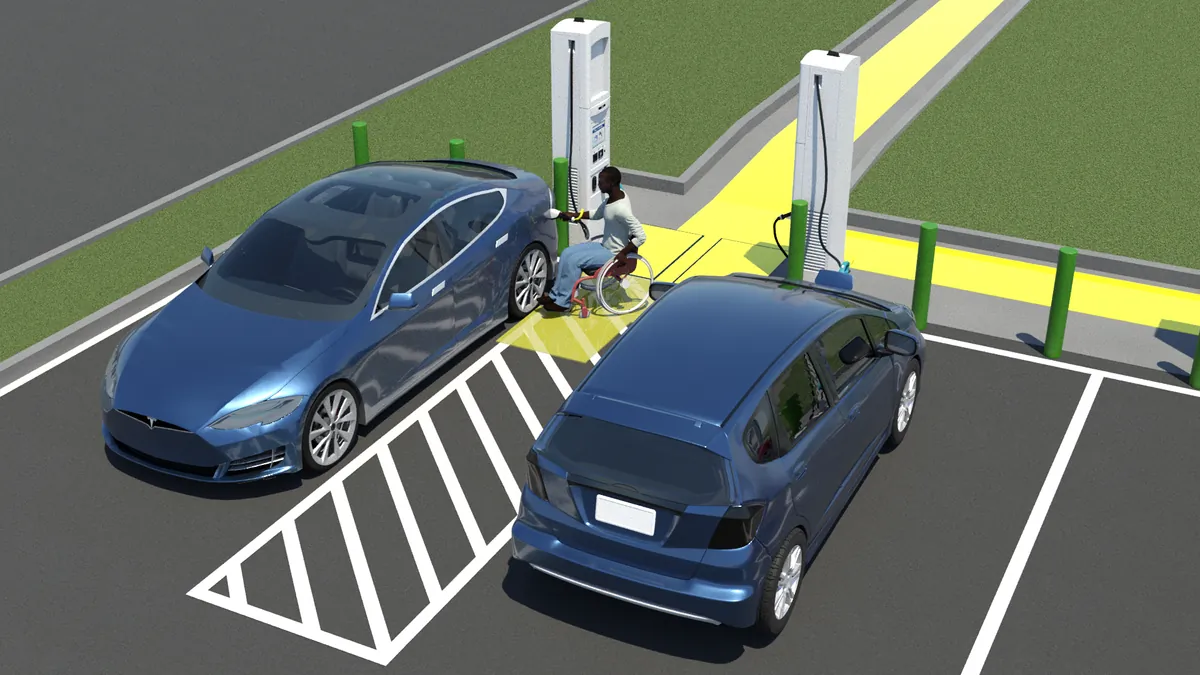Electric Vehicle Revolution Stalls: A Reality Check on Green Transportation
The electric vehicle industry faces setbacks as demand wanes and manufacturers retreat. This article examines the challenges of the EV transition and calls for a more balanced approach to green transportation policies.

The much-heralded electric vehicle (EV) revolution appears to be losing momentum, challenging long-held assumptions about the future of transportation. For the past decade, governments and industry leaders have championed EVs as the definitive solution to reduce carbon emissions in the automotive sector. However, recent developments suggest that the transition may not be as smooth or inevitable as once believed.
Northvolt, a Swedish electric battery manufacturer, recently announced significant cutbacks, including job losses and the sale of certain business units. This setback highlights the broader challenges facing the EV industry. The company's gigafactory in Sweden is currently operating at just one-sixteenth of its target capacity, following the cancellation of a contract by BMW in favor of more cost-effective options from China.

The ripple effects are being felt across the automotive industry. Volkswagen is scaling back its EV factory plans, while Volvo has retracted its 2030 deadline for phasing out non-electric vehicle production. These decisions reflect a growing realization that the market may not be ready for a complete shift to electric vehicles.
Consumer experiences are also contributing to the slowdown. Many EV owners report difficulties finding charging points, leading some to trade their electric models for more reliable hybrid or petrol alternatives. This trend is particularly noticeable now that government incentives for EV purchases have been reduced or eliminated in many regions.
"My viewers and listeners constantly regale me with tales of their inability to find charge points up and down the country. They tell me why they've decided to trade in the Tesla for a more reliable hybrid or petrol model."
The challenges facing the EV industry are not insurmountable, but they do require a more nuanced approach. While the first practical electric car was built in the 1880s, and electric vehicles accounted for a third of all vehicles on the road in 1900, the technology has evolved significantly since then. Today's electric cars boast impressive capabilities, with some models able to add up to 200 miles of range in just 15 minutes of charging.
However, the infrastructure to support widespread EV adoption is still lacking in many areas. As of 2020, the global number of public electric vehicle charging points exceeded 1 million, but this is still insufficient to meet the needs of a fully electrified fleet.
The environmental benefits of EVs are also more complex than often portrayed. While electric vehicles produce zero direct emissions, their overall environmental impact depends on the source of electricity used to charge them. Additionally, concerns persist about the ethical implications of sourcing materials like cobalt, which is primarily mined in the Democratic Republic of Congo.
A more balanced approach to green transportation is needed. This could include exploring alternative technologies such as hydrogen fuel cells, improving public transportation systems, and implementing more gradual and incentive-based policies to encourage adoption of cleaner vehicles.
Ultimately, the transition to greener transportation options requires cooperation between governments, industry, and consumers. By addressing the current challenges and adopting a more flexible approach, we can work towards a more sustainable future for transportation without alienating motorists or stifling innovation.


































